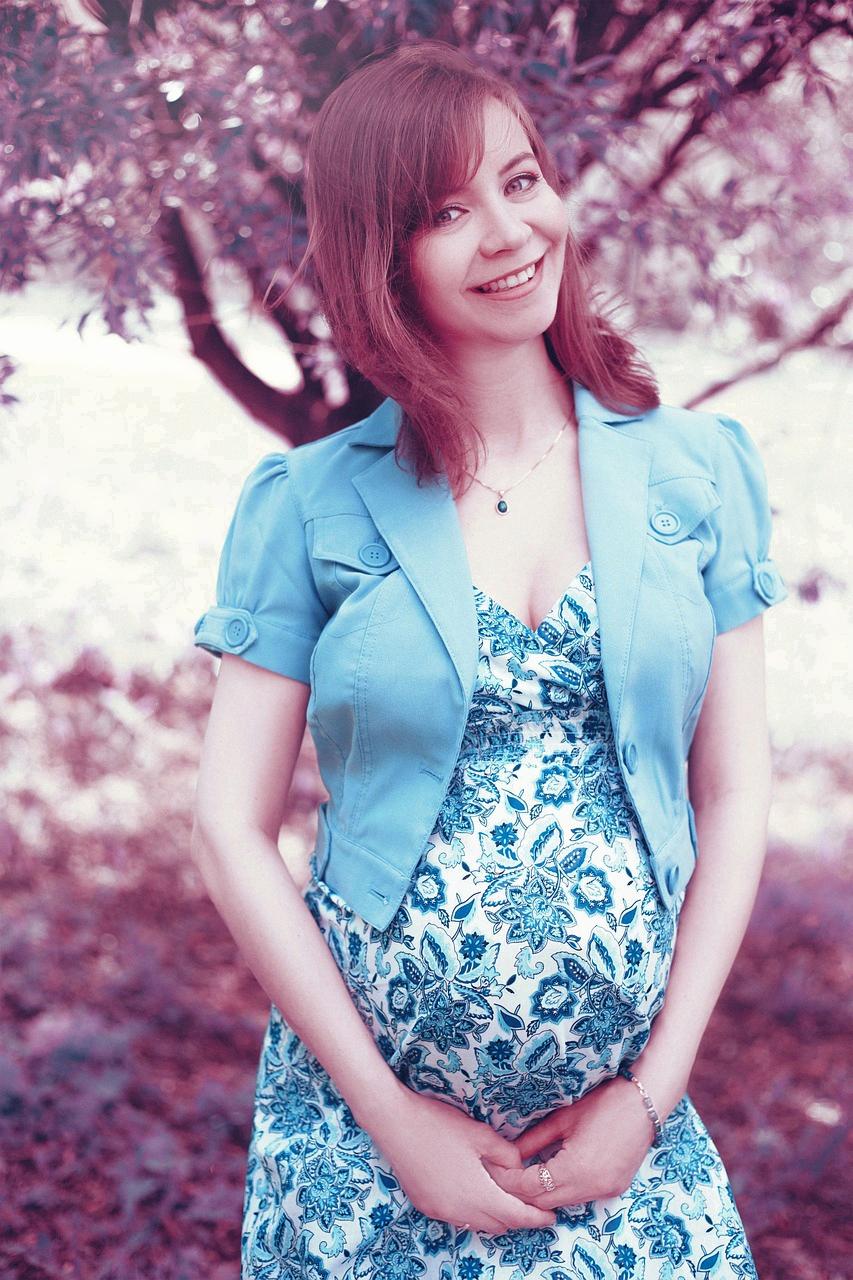When it comes to pregnancy, it seems like the human body has a way of surprising us with all sorts of unusual symptoms. From morning sickness to food cravings, every woman’s pregnancy journey is unique. One often overlooked symptom that may leave you wondering is dry lips. So, let’s dive into the question: Do dry lips indicate pregnancy?
What Causes Dry Lips During Pregnancy?
During pregnancy, hormonal changes can wreak havoc on your entire body, including your skin. These changes can lead to increased dryness, including chapped lips. Additionally, dehydration is a common issue during pregnancy, which can further exacerbate dry skin, including dry lips.
Normal Pregnancy Symptoms
It’s important to remember that experiencing dry lips during pregnancy is usually a normal symptom. Hormonal fluctuations and changes in the body’s hydration levels can contribute to this dryness. However, if the dryness becomes severe or is accompanied by other concerning symptoms, it’s best to consult with your healthcare provider.
Other Possible Causes of Dry Lips
While dry lips can be a common symptom of pregnancy, they can also be caused by other factors unrelated to pregnancy. These may include harsh weather conditions, dehydration, certain medications, or underlying health issues. It’s essential to consider all possible causes when assessing your dry lip symptoms.
Home Remedies for Dry Lips
If you’re experiencing dry lips during pregnancy, there are several simple home remedies you can try to alleviate the dryness. Drinking plenty of water, using a humidifier, applying a gentle lip balm, and avoiding licking your lips can all help in improving the condition of your lips.
When to Seek Medical Advice
While dry lips are usually a benign symptom of pregnancy, there are instances where it’s essential to seek medical advice. If your dry lips are accompanied by severe pain, bleeding, swelling, or other concerning symptoms, it’s crucial to consult with your healthcare provider to rule out any underlying issues.
Monitoring Your Symptoms
As with any pregnancy symptom, it’s essential to monitor your dry lips and overall skin condition closely. Keeping track of any changes or worsening of symptoms can help you determine whether additional medical attention is necessary. Remember to listen to your body and seek guidance when needed.
Embracing the Changes
Pregnancy is a transformative experience that brings about numerous changes in both body and mind. Embracing the ups and downs, including symptoms like dry lips, is all part of the journey. Understanding that these changes are temporary and often a sign of the miraculous process unfolding within you can help you navigate this period with greater ease.
Self-Care During Pregnancy
Practicing self-care during pregnancy is essential for your overall well-being. Taking time to rest, hydrate, nourish your body with nutritious foods, and engage in activities that bring you joy can all contribute to a healthier pregnancy experience. Don’t hesitate to prioritize your self-care needs, including addressing any bothersome symptoms like dry lips.
Consulting with Your Healthcare Provider
Your healthcare provider is your best resource when it comes to addressing any concerns or questions related to your pregnancy symptoms. Whether it’s dry lips, morning sickness, or any other issue, reaching out to your provider for guidance and support can provide you with the reassurance and assistance you need during this time.
Final Thoughts
In conclusion, while dry lips can occur during pregnancy due to hormonal changes and dehydration, they are typically a normal symptom to experience. By understanding the potential causes, implementing home remedies, monitoring your symptoms, and seeking medical advice when necessary, you can navigate this aspect of pregnancy with greater confidence and peace of mind.

